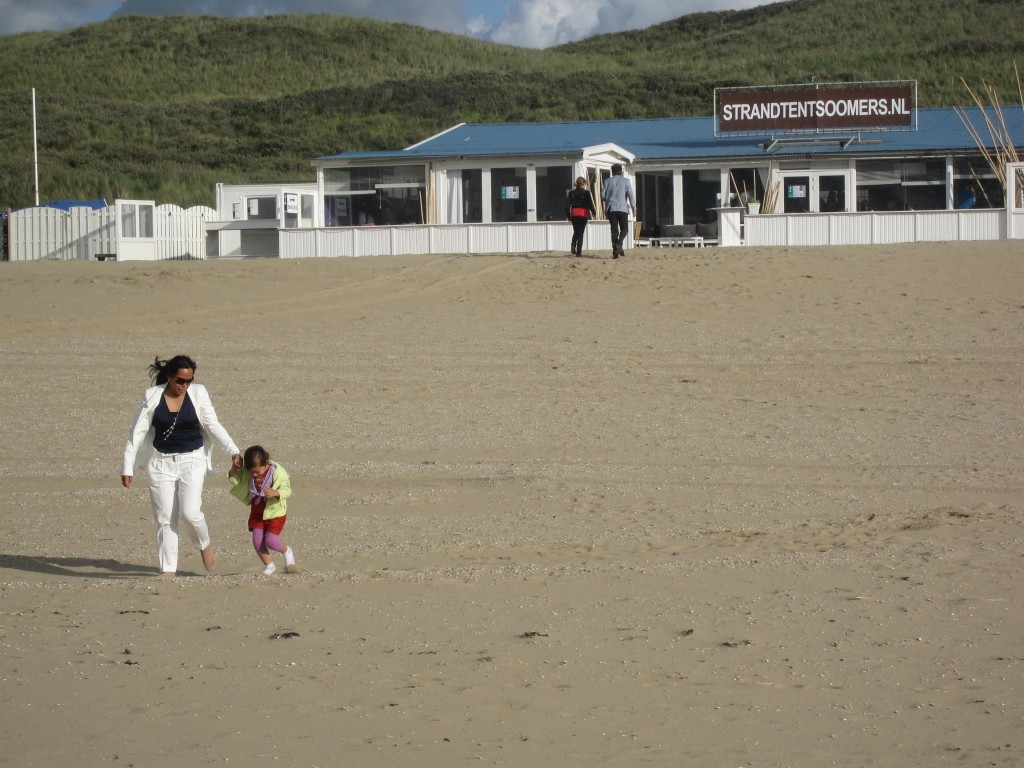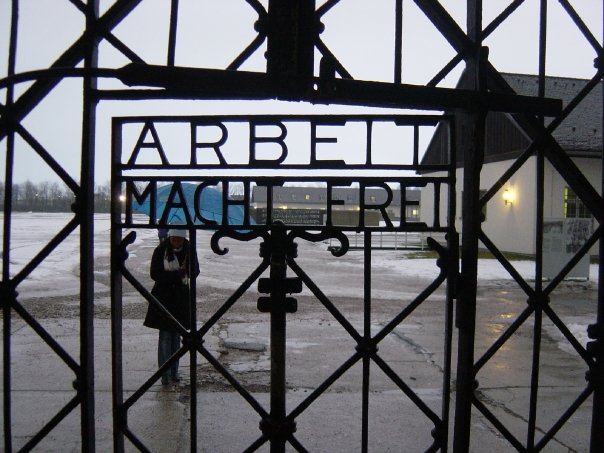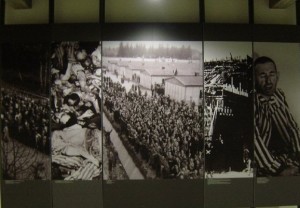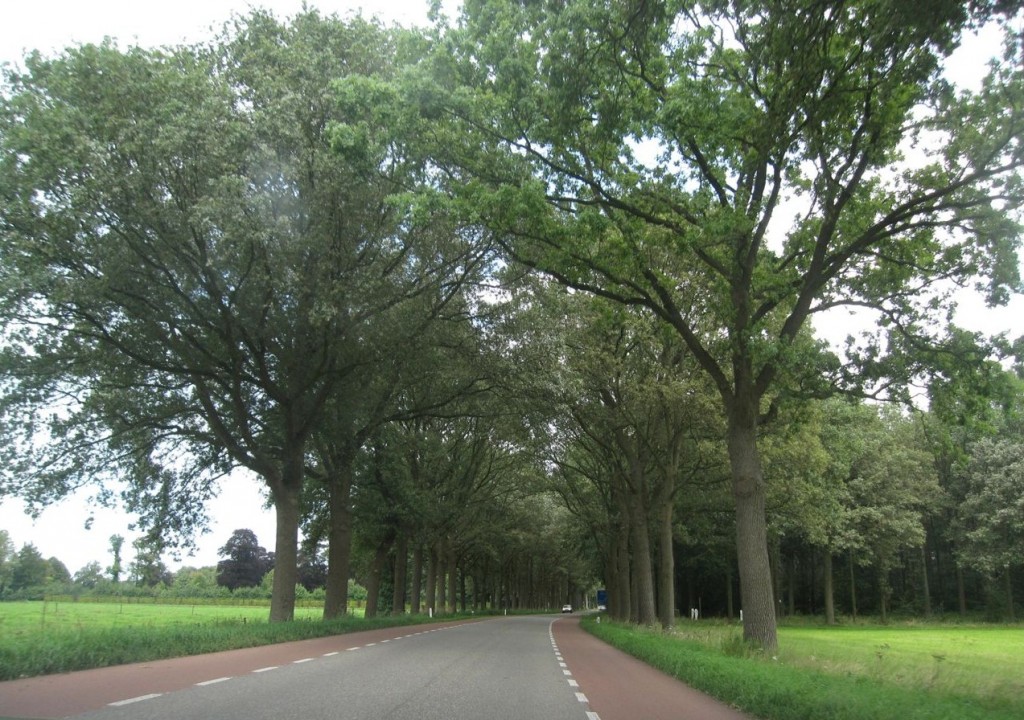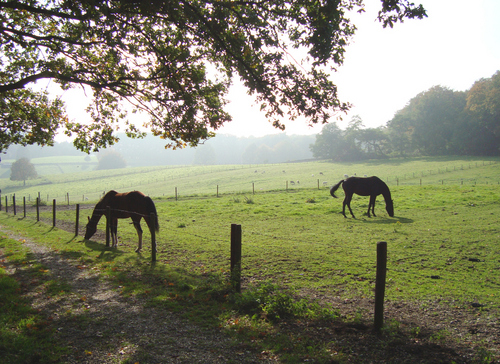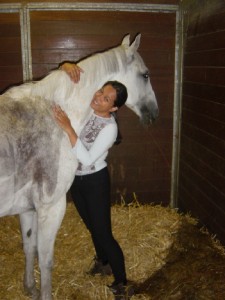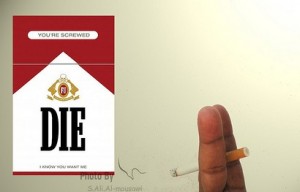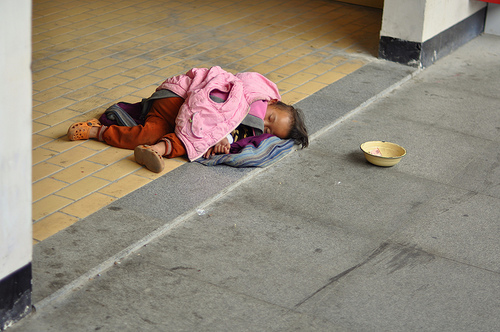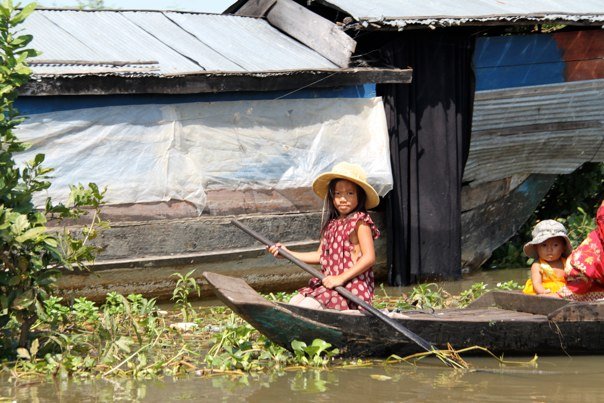The clock on the nightstand reads 6:45 in the morning. I get out of bed and get myself ready. Once a month, I get the chance to meet up with a lovely group of women writers where we read our writings and give each other useful feedback. I am hosting our monthly Writer’s Circle meeting today. Over the course of time, these meetings have somehow evolved from sharing each others’ works to sharing each other’s passions, heartaches, experiences and of course, healthy food recipes.
Muffins, cakes and scones have become part of our gatherings on almost every occasion. And since most of us are into healthy food, we always look for the healthy alternative. Eventually, we have come to call ourselves The Hague Spelt Muffin Literary Society, a name the talented Eva Laszlo-Herbert came up with.
This morning, I plan to bake chocolate muffins before my two little girls wake up. And so I am standing in the kitchen, in the final stages of pouring the mixture into the muffin pans when Laura, my three year old wakes up and enters the kitchen around 7:45. Her face lights up as she realizes that I am baking chocolate muffins.
Baking is our weekend ritual, something we do together in a relaxed pace, our mother-daughter bonding time. She always stirs the batter mixture with the hand mixer. That’s how it usually goes.
Today was not one of those days. I just wanted the muffins to be done, get the girls dressed, fed and take them to the crèche and pick up the rest of the ingredients I needed from the supermarket to prepare a lunch of tabouleh and eggplant parmigiana before ten. I am used to accomplishing such tasks in a short period of time, as long as they go my way.
Laura kisses me a happy good morning as she excitedly pushes her kiddie step stool towards the kitchen counter and and happily proclaims, “I also want to help! I also want to help Mama!”
“Not today Poopsy, Mama is almost done and we are in a hurry, let’s get you dressed first,” I said cheerily.
The sides of her mouth curl downwards almost immediately, her lips quiver and her eyes well up as she tearfully pleads, “But I also want to mix Mama.”
My mind races tick tock, tick tock… and yet, yesterday is still so fresh on my mind.
We had a rough start the day before. I was annoyed at her for insisting to wear a tight denim skirt. But I let her after deciding I was not going to make it a contest of wills. Anyone who has or had a three year old understands how these situations can easily turn into epic battles. If she wants to wear the skirt fine let her wear the skirt.
It was only 65 years ago that the torture, persecution and murder of millions of Jews and gypsies, homosexuals and disabled people came to an end. Not too long ago, 42 years to be exact, that humankind realized its ignorance and ended racial discrimination and segregation in America. And 35 years since Saigon fell, leaving thousands orphaned and millions dead.
And we are not perfect yet. Let us not ignore nor forget the lessons from our past.
We live in an age where we have access to vast amounts of information archived from the annals of history. So that we can look back and learn and not make the mistakes our previous generations have.
We’ve come a long way as human beings to invent the latest gadgets and state of the art technology. How about if we also upgrade our thoughts and feelings and adapt them into the present circumstances? Let’s not get stuck in past erroneous ideologies. Do not let the struggles and marches for freedom from our previous generations be for nothing.
We’ve come a long way in educating ourselves and learning about decency to know that wars are useless, that terror only sows more pain and anger and that there are no virgins waiting in heaven. Heaven is here and now and it is what you make of it.
We have advanced too much in our quest for knowledge to assume too easily that all Muslims are terrorists. To think that there are groups of people inferior or superior to us. Let us wake up and not be confronted by fears on our differences.
We are mature and intelligent enough to understand that we are all not alike. And that’s how it should be. We grasp the concept of different religions and faiths and we can practice all of them in a respectful manner that is not hurtful, insulting or destructive to others.
We have become so advanced in travel and migration. Progressive countries have opened their borders so that if we choose to integrate into a society or a country different from ours, then we are willing to adapt to their system. That we will have a decent understanding of the culture we are trying to be a part of, have respect for the land’s norms and values and that we can find a healthy middle ground where we can all agree. Without imposing on each other or wiping out each other’s identities.
We’ve progressed far enough that we can find love across the continents, miles away from home. That we can marry into different races, Asians or Russians with Americans or Europeans because of love, and not for money.
We’ve travelled this far and learned this much to acquire a healthy amount of self-respect not to take advantage of social welfare programs or encourage dependency on anyone when we could actually go out and get a job. And we are responsible enough to know that we cannot keep on reproducing children without the means to support them.
We’ve come a long way. Don’t let the sacrifices of our previous generations go to waste. Nor their follies be forgotten.
We know it is our responsibility to help one another; to build a community and take care of our children and raise them well. These are some of the core truths of our existence. To be of service and to have compassion for those who need it. To push forward those who are left behind. It does take a village to raise a child. It was never meant to be every man for himself; nor make our homes so self-sufficient, self-contained and wired to the maximum that we disregard actual physical human contact. Face to face conversations.
We’ve come a long way to teach ourselves civility. And we can communicate and conduct dialogues and keep them well within the bounds of human decency. And if one will argue that some of us just don’t know what it means to be decent, then lets work alongside each other until we all learn. For what good will it accomplish if we keep bashing one another?
The earth we tread on, the land we build our houses upon, the acres of farms we have, none of these will remain with us. We are all passers-by. We stay for a while and we leave our footprints. We all die. And all this fighting for land and wealth are useless. But we already know that. And still we do it. And all the heartaches we have caused will only be passed from our children to the next generations until they are resolved. So let’s resolve this now, lest we pass on these paranoia to our children.
When someone dies, we, the living come together for a couple of days and nights and grieve. Then we all go on with our lives, the dead, buried and forgotten. So the only thing we can do while we’re alive is to do good and leave a good mark. One that unites. A remembrance that embraces and celebrates our differences. A legacy that opens our hearts and makes for a meaningful existence. The one that our sons and daughters will be proud to recall and retell someday when we have all passed away.
We’ve come a long way. Let not our fears, prejudices and paranoia get in the way of basic human decency.
I’m standing at the train platform in Klarenbeek in the eastern province of Gelderland. It is perhaps the smallest train station, if one can call it that, in all of The Netherlands. It looks more like a tram stop really. There is a horse yard right next to it. And in this chilly, overcast gray morning, they are outside feeding, grazing. I look through the wire mesh fence separating the yard from the platform and count thirteen horses in all. Is there any other animal on the face of the earth more beautiful, more elegant and more graceful than a horse?
I wish for the train to be delayed. I wish for time to stand still. I wish to stay here forever. To take stock of every memory I ever had riding horses. And the different places and emotions it has taken me. Perhaps, this will explain why its one of the most beautiful things to do in one’s lifetime.
Up on a horse, I am in the present and the world is a beautiful place.
I start with a walk for warming up. It is a leisurely pace. I feel a gentle side-to-side motion in the horse’s hips. I am in a quiet place, calm, serene, tranquil. In these moments, we, the horse and I, find a rhythm and we start moving as one. As we settle comfortably with each other, the horse speeds up his gait and his walk turns into a trot. A hopeful anticipation of something exciting; the jolt from what is sometimes a mundane existence, the awareness that things are about to change. I rise up and down on the horse’s back and when we’re both ready, I give him a gentle squeeze with my leg and ask for a canter.
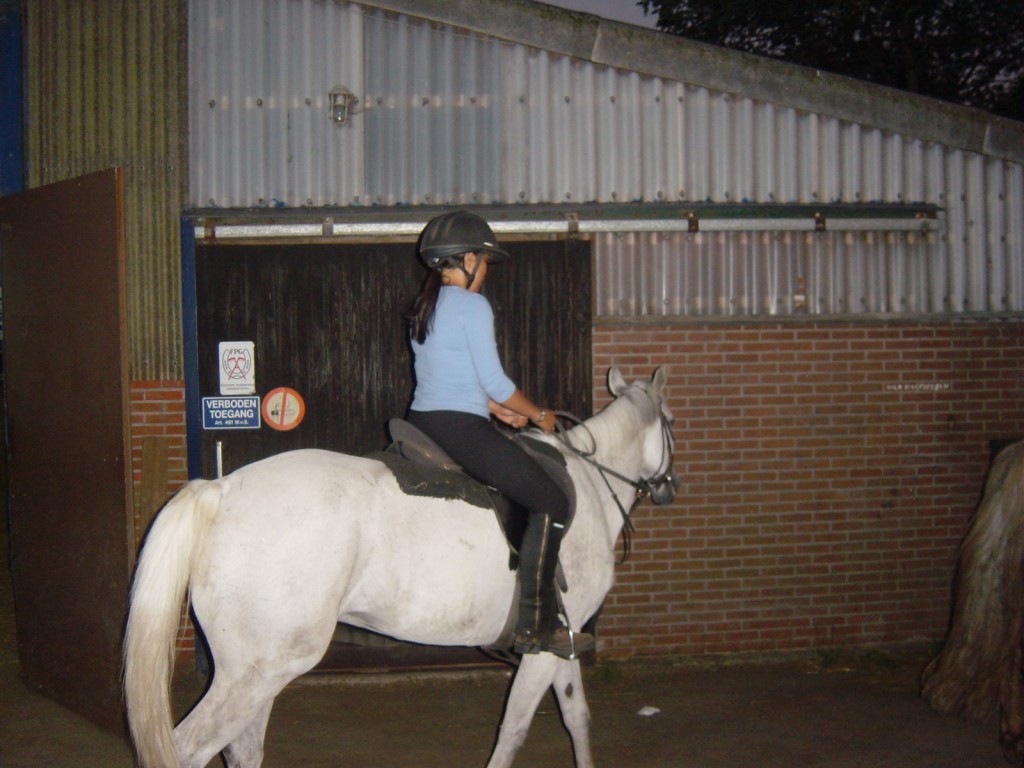
A canter can either take you to two places. It is a sunny day in autumn, the sound of birds chirping when you wake up to a crisp cool morning or a pancake covered thick in maple syrup at breakfast. It is a lover whispering sweet nothings in your ear or a child showering feathery kisses on your cheeks. A horse cantering on a bad day can also take you to the opposite end. It is the slamming of a door when someone walks out on you, or the sound of emptiness ringing through your ears. It is the broken promises, of being unseen or unheard, of being insignificant. Or the day the tragic news came.
A gallop is where you flee from it all. It’s the explosion of built up anger. The tides of emotions rushing through at heightened moments. Rage, torment, fury and sadness combined. It is the full force of the wind on your face and those leaps and bounds take you airborne, into the places where your soul wants to be. It is flight. There is no clock, no time. No one bothers you. No one and nothing to expect. Up on a horse, the world is watching and time stands still. And once you reach that state, the horse slows down, for a gallop doesn’t last long. And then you are peaceful once again.
Some of life’s most beautiful moments are here and now. Not the distant future of someday when. It’s a pity we don’t notice that. We realize it in retrospect. And that’s why we always yearn for the past, back to that place of a happy memory you never quite enjoyed while it was unfolding right before your very eyes.
The train arrives and I snap back to reality. Everyone from this sleepy little village gets on board. The train rolls along to sights of green pastures and miles of grass fields and meadows. Sheep and cows are grazing outside. I feel sorry as it approaches the city where an industrial skyline and a network of traffic on the freeways replace the sights. People are grabbing their bags and belongings and queuing up to alight as the train pulls into the Utrecht station. They all look in a rush to get off, go to work; or probably catch another train.
I stay seated for the onward trip to The Hague. This unfolding scene is both poignant and amusing. How many times have I seen myself in this situation? Always rushing, always heading off somewhere, always chasing the hours ahead. Never fully present.
Why are we always in a hurry? Why do we push ourselves so much? What if we just sit back once in awhile, let the world roll by and not worry about a single deadline. What if we don’t run through next day’s agenda as we settle down for the night? Nothing catastrophic, that which is under our control, is going to happen.
My thoughts start running off again, chasing tomorrow’s to-do list. I stop and look at the hustle and bustle around me. And I whisper to the wind.
Oh, please take me back to Klarenbeek.
It starts with the little insignificant stuff. Like looking away when your friend screams at a waiter. For the simple reason that she’s upset, and he’s a waiter, and she thinks he’s beneath her in social status, so she can scream. Or the business owner who shouts out on a social media platform that he is stressed out at how stupid his employees are. Some people click the like button for it.
Just because you get to pay a group of people their wages doesn’t mean you get to trample on their dignity. It doesn’t mean you own them. It doesn’t mean you get the right to insult them, screw them or call them stupid to their faces.
At what point in a human’s brain does one begin to convince himself that because he has more money and there are people who are dependent on him for their salaries and basic survival — that he begins to believe he can treat them any way they want?
And this question enters my head because I am becoming increasingly incensed at the small injustices around me everyday.
Sometimes it’s the small stuff like people who think that throwing their empty Coke cans on the pavement before they step into the car are the most normal thing to do. And before you know it, everywhere around us is litter. People who let their dogs poop and not clean up after them. And yesterday, something happened that made me question myself, and the courage I thought I have that makes me stand up for the things I believe in.
Yesterday, a guy got on the tram smoking a cigarette. He reeked of alcohol, and if I didn’t know any better, he might as well have been stoned. He settled directly opposite my seat, in front of another guy. The guy turned around and looked at him, then turned back just as quickly. I looked around the tram and no one said anything. I glared at him disgustingly. He looked right back at me. I stood up and moved two cars to the front.
As I got off the tram at my stop later, I was very upset with myself. There was clearly an internal struggle going on with me. Why didn’t I say something?
I recounted the incident to my husband when I got home and he was equally surprised why I didn’t say anything. It just seems so out of my character. I told him I was angry, but I was also afraid. I was scared that maybe he will hit me. He looked quite capable. And I said anyone daring to go on a tram with a lighted cigarette must be prepared for trouble. I asked him what would he have done if he were in my place?
My husband said he would just tell him calmly. And if anyone can get away calmly telling a guy it is not allowed to smoke on a tram that person would be my husband. I said there was no way I could be calm at that moment, so I walked away… I was disappointed with myself.
And as I opened the news, I am more incensed and aware and confronted with all the injustices happening all over the world: Men beating their wives to a pulp and not getting convicted for it. People jumping on trains from Guatemala to Mexico to become illegal immigrants, to fulfil the American dream. Bigger houses, better food, better education, breaking up families and leaving sons and daughters behind. In exchange for material goods. People dying from hunger. In this day and age. These are big injustices.
We shape the world we live in. We can keep on complaining about all the bad things happening around us. We can cry at all the documentaries we see on television, how people are going hungry or why people are still fighting for their freedoms from tyrannical governments in the 21st century.
And yet we don’t do anything about it.
And somewhere in The Hague, in another tram, in another ride that guy will step on and defiantly smoke again. But at least I know now that my next time with him is going to be different. I cannot wait to meet him again.
Every time we shop, every time we buy, we make a political choice whether we take the time to consider its implication or not.
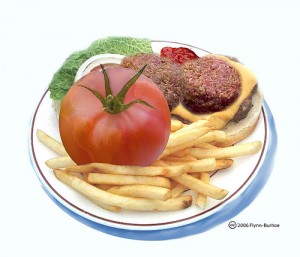
If we choose to buy goods from far off tropical lands (such as snow peas or roses grown in Kenya), whether we buy goods from countries whose ideologies we disagree with, we make, like it or not, a moral choice.
I have become extremely “mindful” of late that my choices bring with them a responsibility. However, the use of my credit card or debit card involves such a huge quagmire of choices, dilemmas and judgments that it can leave you gasping.
What are the carbon footprint, the human rights implications, and the ethical and philosophical nuances? The path of production is complex and convoluted. Who benefits and who loses? Who gains and who most decidedly does not?
There are hidden surprises at every turn. Some of you may know that organic food, cooking and gardening are my particular passions so I tune into debates about the nutritional (or lack of) value of school lunches in the US. Amazingly, it is UK-based company Compass who is responsible for supplying a huge amount of school lunches in the US.
Are they responsible for such breakfast abominations as pop tarts and breakfast pizzas I wonder? And can they be deemed to be responsible for the escalating childhood obesity problem? Or is it the school’s responsibility to stop kids eating this over processed food? Or are the parents who allow their schools to continue selling such conglomerations of sugar, salt and fat? Or is the government? These are questions, which we can debate endlessly but I think I might know who is making the money!
Or another example: You may remember that little black dress made by Primark and sold for the pauper sum of £9 British pounds or some such ridiculously cheap price. It was indeed a very pretty dress with hundreds of sequins on it. The dress was a huge success and every teenager from Leeds to Edinburgh wanted it. But Primark at the time was being investigated for non-ethical practices.
Naturally, a television crew just happened to chance in on a small dwelling in Bangladesh where very young children were sewing on glittering discs on little black dresses, day, after night in the dull lamp or candlelight.
So, is purchasing such a little black dress ethical? No you might say! Yet from another viewpoint if these children were not gainfully employed and bringing in that extra rupee, then maybe the whole family’s health would suffer. Maybe that extra money will allow one of the family members to go to school, thereby increasing the life chances of all the family?

